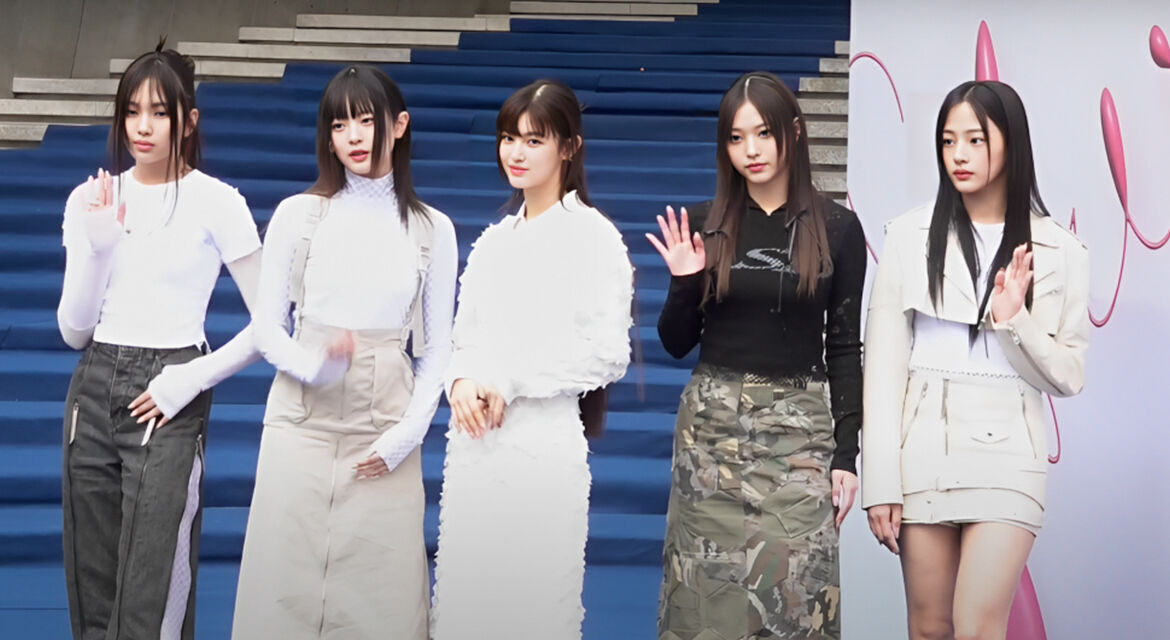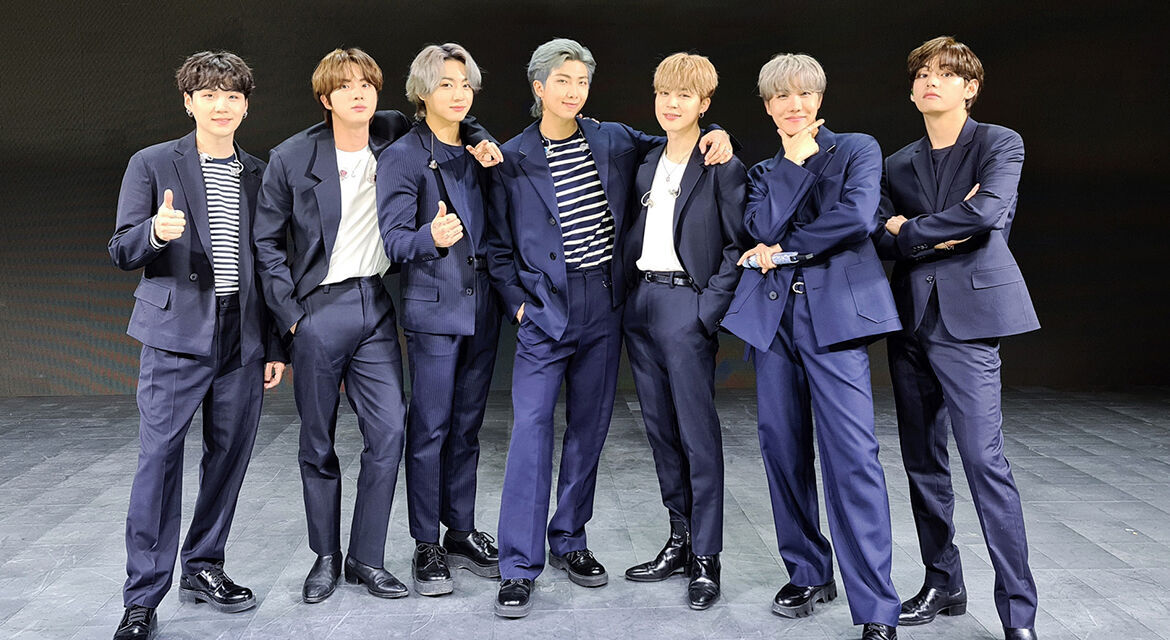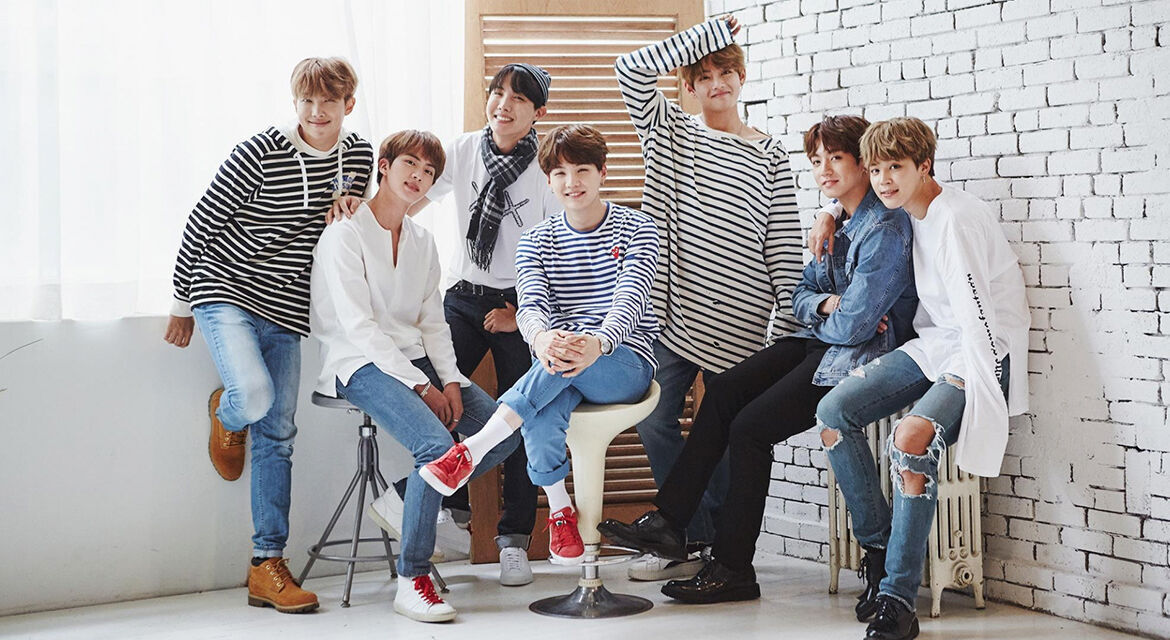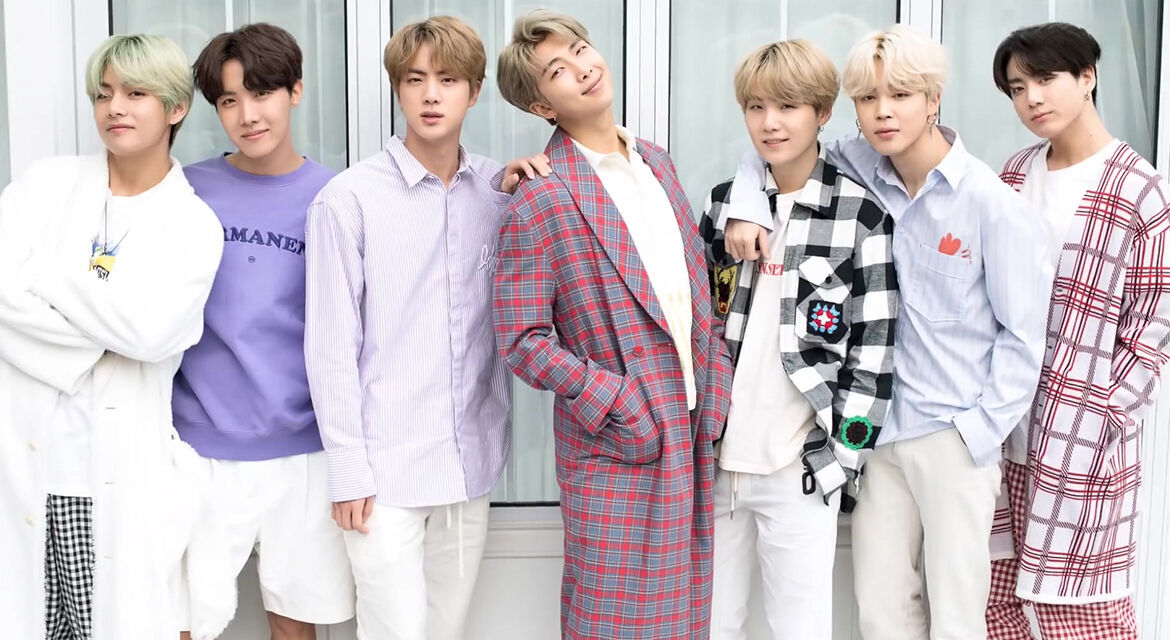Hyundai Worldwide Global Navigation
- Go to Global Distributors page
- KR
-
Search
Editorials The Power of K-pop
Please use Safari to download the files.
The Power of K-pop

When people talk about ‘the Korean Wave’ (한류, ‘Hallyu’), they often point to the cultural juggernaut known as K-pop, which started to rock the global music scene over a decade ago.
It’s been on a roll ever since, highlighted most recently by the girl group Twice clinching the top spot on the 2024 Billboard Top 200 chart with its album ‘With You-th’. It became the third all-female K-pop act in the last three years to do so, following NewJeans in 2023 and Blackpink in 2022.
With their youthful swagger, K-pop stars are also shining in fashion ads and screen entertainment; the members of NewJeans have secured ambassadorships with prestigious global luxury brands, while Blackpink’s band members appear not only in high-end fashion ads but also Hollywood-produced dramas streamed globally.
As the K-pop phenomenon continues to captivate hearts and minds on a global scale, it’s clear that its influence extends far beyond the realm of music, setting pop culture trends worldwide and representing Korea’s identity abroad.


This success stemmed from hardship. The late 1990s were tumultuous times for Asian economies, with a financial crisis sending shockwaves across the region and countries grappling with currency devaluations, debt, and economic upheaval. Following the flourishing entertainment industry, which helped to revitalize the South Korean economy, the country’s government played a supporting role by launching a bold strategy to help the promotion of these new cultural exports.
At the heart of Korea’s economic revival was Hallyu, a cultural phenomenon that encompassed Korean music, drama, film and beauty. With a keen eye on becoming one of the world’s leading exporters of pop culture, the government’s support saw investment in nurturing and promoting the Korean entertainment industry. But it was the big agencies that led the charge, laying the groundwork for K-pop’s global ascent.
As K-pop transcended borders and captured the hearts of fans worldwide, its economic significance grew exponentially. From record-breaking album sales to sold-out concerts and lucrative endorsements, K-pop has become a multi-billion-dollar industry with far-reaching effects. Beyond its direct economic contributions, K-pop has helped fuel a global fascination for Korean food, language and lifestyle, driving a broader cultural exchange that bolstered Korea’s soft power on the global stage.


In K-pop’s kaleidoscopic landscape, certain acts have risen above the rest, leaving an indelible mark on the genre and shaping its evolution. From the trailblazers of the ‘90s to the global sensations of the YouTube era, these iconic acts have made unique contributions to K-pop.
During these nascent days of the K-pop genre, acts such as H.O.T., Seo Taiji & Boys, and S.E.S. dominated the charts with a youthful style and infectious tunes that blended pop, hip hop, R&B and dance, setting the stage for the K-pop explosion that followed.
The new millennium saw K-pop enter a period of unprecedented growth and experimentation. Groups like TVXQ, Girls’ Generation and BigBang emerged as frontrunners, pushing boundaries and redefining what it meant to be a K-pop idol (아이돌, ‘aidol’). With their slick production values, catchy melodies, and flawless choreography, they captivated audiences.
YouTube then catapulted K-pop onto the world stage. Psy’s 2012 breakout hit ‘Gangnam Style’ became an international sensation, becoming the first YouTube video to reach 1 billion views. Overnight, Psy became a global phenomenon, introducing billions of people to K-pop’s infectious charm and irresistible energy.

K-pop superpower BTS has been another savvy user of YouTube. The band used it and other social media platforms to gather a strong following (the BTS ‘ARMY’) – particularly in the U.S. by integrating English lyrics into their songs.
Acts such as BTS and Blackpink have cemented K-pop’s status as a global cultural force. BTS has made history with its record-breaking achievements as the first Korean act to top the Billboard Hot 100 chart and earning a Grammy nomination for Best Pop Duo/Group Performance. Meanwhile, Blackpink has shattered records with its electrifying performances and massive social media following, cementing its status as one of the most iconic girl groups of all time.


While the spotlight often shines brightest on the glamorous world of K-pop idols, there is a whole industry working tirelessly behind the scenes to develop and promote these stars. At the heart of this are the entertainment companies responsible for discovering, training, and marketing K-pop’s next-generation talent.
Recruitment is a highly competitive and rigorous process. Agencies scout talent from a young age, holding auditions and casting calls to discover promising performers. Once recruited, these proto-pop stars undergo intensive training over several years, honing their vocals, dancing, and the art of performance. It’s a grueling process, but one that produces some of the most polished and professional artists in the world.
Some argue this is the very concept of the K-pop group itself. Since the 1990s, few other pop groups have emerged with the same level of perfectly synchronized performances as those from Korea. With their energetic choreography, impressive vocal abilities and catchy melodies, Korean idols have offered a fresh perspective to global audiences. And K-pop has become more global as it has evolved, with groups including members from various countries, attracting a wider, more diverse fanbase from around the world.

But the influence of this industry extends far beyond just music. In recent years, K-pop entertainment companies have diversified their offerings, expanding into fashion, beauty, and screen entertainment. They’re capitalizing on K-pop’s global appeal to create new revenue streams by expanding into new markets as standard bearers for fashion, beauty, and entertainment. It is a testament to the industry’s entrepreneurial spirit and ability to adapt and evolve in an ever-changing landscape.
With this expansion comes wealth creation on an unprecedented scale. K-pop idols are not just musicians — they’re brands in their own right. The industry’s economic impact is undeniable, creating jobs, driving tourism, and boosting Korea’s cultural exports on the global stage, likely surpassing the South Korean government’s expectations when they set the Korean Wave in motion back in the ‘90s.


So, how did K-pop become so popular around the world? There are many factors that have contributed to its rise, but the sight of people from different countries enjoying foreign-language songs and developing a fondness for Korean megastars has left many curious about the captivating force that draws such a widespread following.
It is not uncommon to witness fans singing along to K-pop songs and diligently practicing their dance moves to perfection with others. This music genre has become a powerful unifying force, bringing together individuals from diverse backgrounds.
By resonating with the same music, people share a sense of ‘heung’ (흥), a lively and exhilarating feeling that is deeply ingrained in Korean culture, characterized by infectious joy and an indescribable rush of excitement. Heung reflects the Korean ethos of finding pleasure and fulfillment in various aspects of daily life — from artistic expression to social gatherings and cultural festivals.
Naturally, K-pop conveys the spirit of heung in many ways. It creates an electrifying atmosphere where fans can lose themselves and let the heung take over. It’s alive and kicking as part of the worldwide fandom (팬덤, ‘paendeom’), conveyed through lively fan chants and choreography videos. It is a shared experience in the hearts of devoted followers that transcends language and borders, bringing people together in a celebration of music, culture, and pure joy.

As the K-pop revolution continues, one thing is clear: it's here to stay. With its unique blend of creativity and entrepreneurial spirit, the K-pop industry has captured the hearts and minds of millions, transforming the global entertainment landscape in the process. As fresh talent emerges and new markets open, K-pop’s future looks brighter than ever.
With new technologies and platforms reshaping the music industry, K-pop artists are poised to reach even greater heights of global success, like BTS’s anticipated comeback in 2025 following the band members’ military service. Fans around the world are embracing K-pop’s message of unity and diversity, and the genre’s cultural influence shows no signs of waning.
Editor. Sean Carson
sean.carson@hyundai.com
Global PR Strategy & Planning · Hyundai Motor Company
Disclaimer: Hyundai Motor Group believes the information contained herein to be accurate at the time of release. However, the company may upload new or updated information if required and assumes that it is not liable for the accuracy of any information interpreted and used by the reader.
About Hyundai Motor Group
Hyundai Motor Group is a global enterprise that has created a value chain based on mobility, steel and construction, as well as logistics, finance, IT and service. With about 250,000 employees worldwide, the Group’s mobility brands include Hyundai, Kia and Genesis. Armed with creative thinking, cooperative communication and the will to take on any challenges, we strive to create a better future for all.
More information about Hyundai Motor and its products can be found at:
http://www.hyundaimotorgroup.com or Newsroom: Media Hub by Hyundai , Kia Global Media Center (kianewscenter.com) , Genesis Global Newsroom